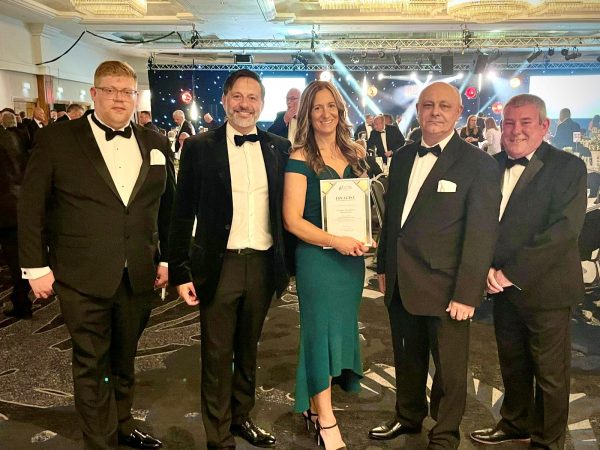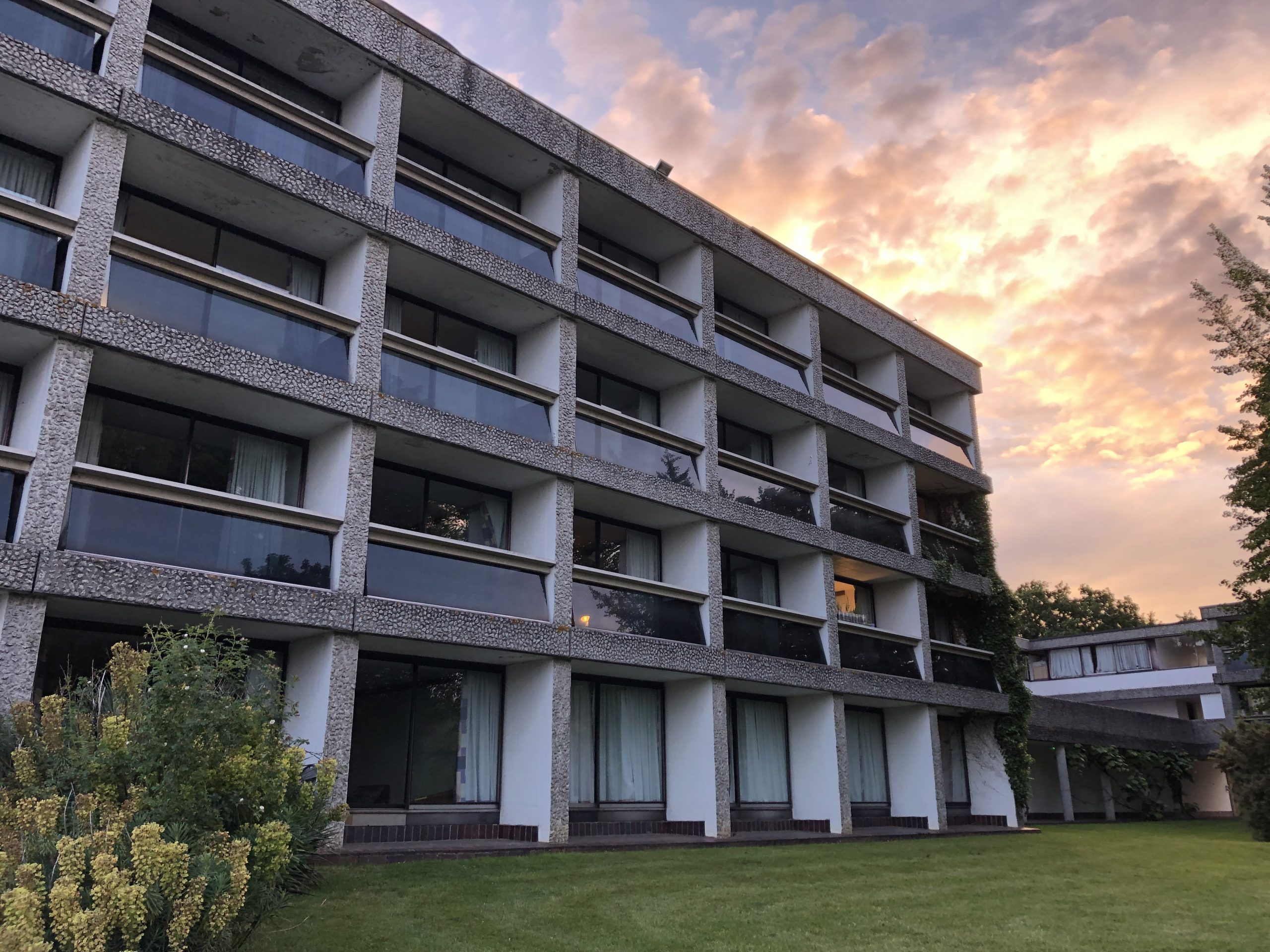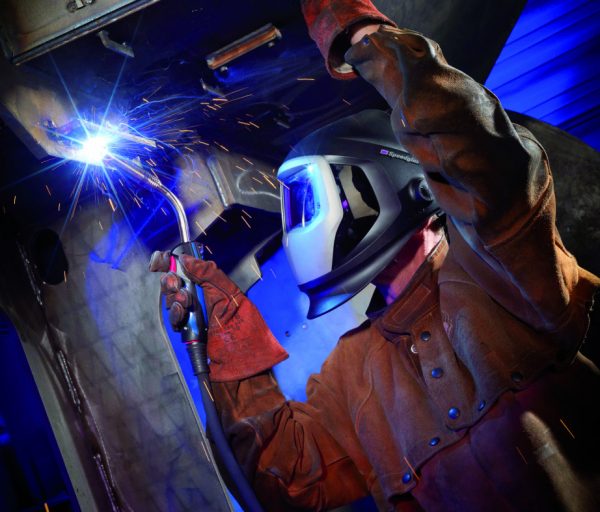Design should “be part of life and not separate from it” says Bruce Mau
Dezeen promotion: successful design means designing for nature and is “one of the greatest business opportunities in the history of mankind,” according to designer and CEO of Massive Change Network Bruce Mau.
Bruce Mau
Mau is a Canadian-born designer, author and teacher who has worked with leading international brands including Coca-Cola. His Chicago-based design consultancy The Massive Change Network (MCN) uses design-thinking methodology to help develop sustainable solutions to global problems.
In his talk How Design Can Change the World, delivered during Business of Design Week (BODW) 2021 in Hong Kong, Mau focused on how designers can help create sustainable ways of living. The designer believes that empathy is key to the design process as it helps with problem-solving.
“Empathy is really at the core of everything I do,” explained Mau. “When you think about what a designer does, we start with empathy and try to understand the problem that helps us solve it.”
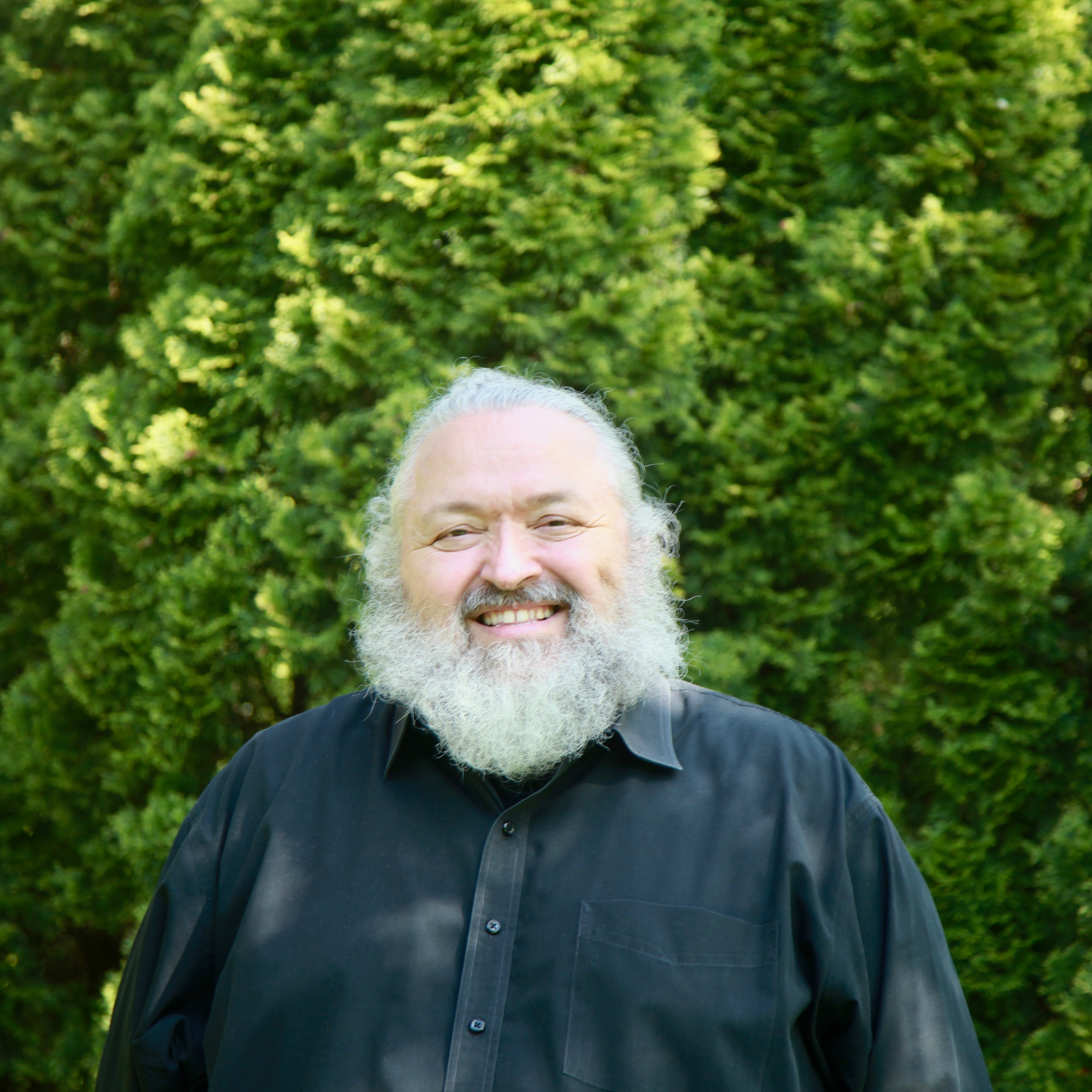
According to Mau, modern design practices have not previously had empathy for the environment. Instead, things are designed as if humans own nature, the designer said.
“Everything is designed as if we own nature and as if we’re not part of nature,” said Mau. “As if nature is unlimited.”
In contrast, Mau discussed his enterprise design method, which he says is underpinned by empathy and an understanding of natural ecosystems and human behaviour.

Enterprise design contains 24 design principles and is centered on designing for life as a whole rather than focusing purely on the benefits to humans. Mau also explores this concept in his latest book called MC24, which intends to change the way readers think about design.
Mau discussed a few of the principles at Business of Design Week 2021, including leading by design, which he explains is a way of imagining and executing a vision during the design process.
“The first principle is design leadership,” said Mau. “In other words, design is a leadership methodology, a way of imagining a future and systemically executing that vision. Designers have the ability to produce that vision and systematically execute that vision.”

Mau also talks about a second principle of his design philosophy, which states that design is not above or separate from nature.
“We now understand there is a real limit to the boundaries of nature,” he explained during the talk. “Everything we do has to be designed in this new way. It has to be designed to be part of life and not separate from it.”
“It is daunting, but it’s also one of the greatest business opportunities in the history of mankind, the opportunity to take on that level of reset.”
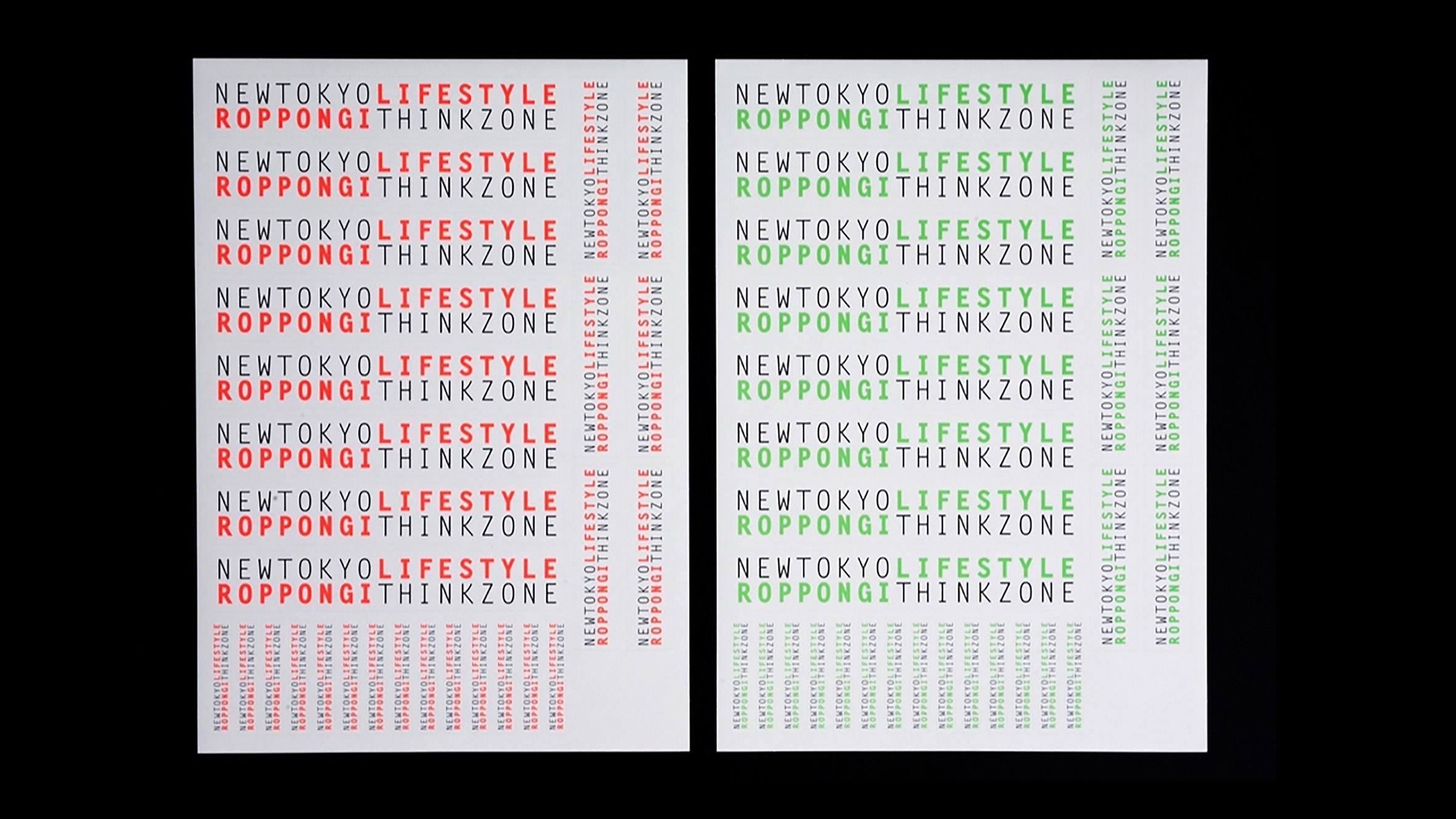
In addition, Mau believes that design education must “unlearn a human-centric approach.” Similar to his design theory, Mau thinks that design education should be focused on how to integrate design into the natural world.
“Most cities are designed to push nature out,” Mau explained. “We have to get to a better place – we have to think about ourselves integrated into the natural world, and that challenges us to do everything differently.”
“We need a methodology that understands the problem in context and we need to design at an ecosystem level.”
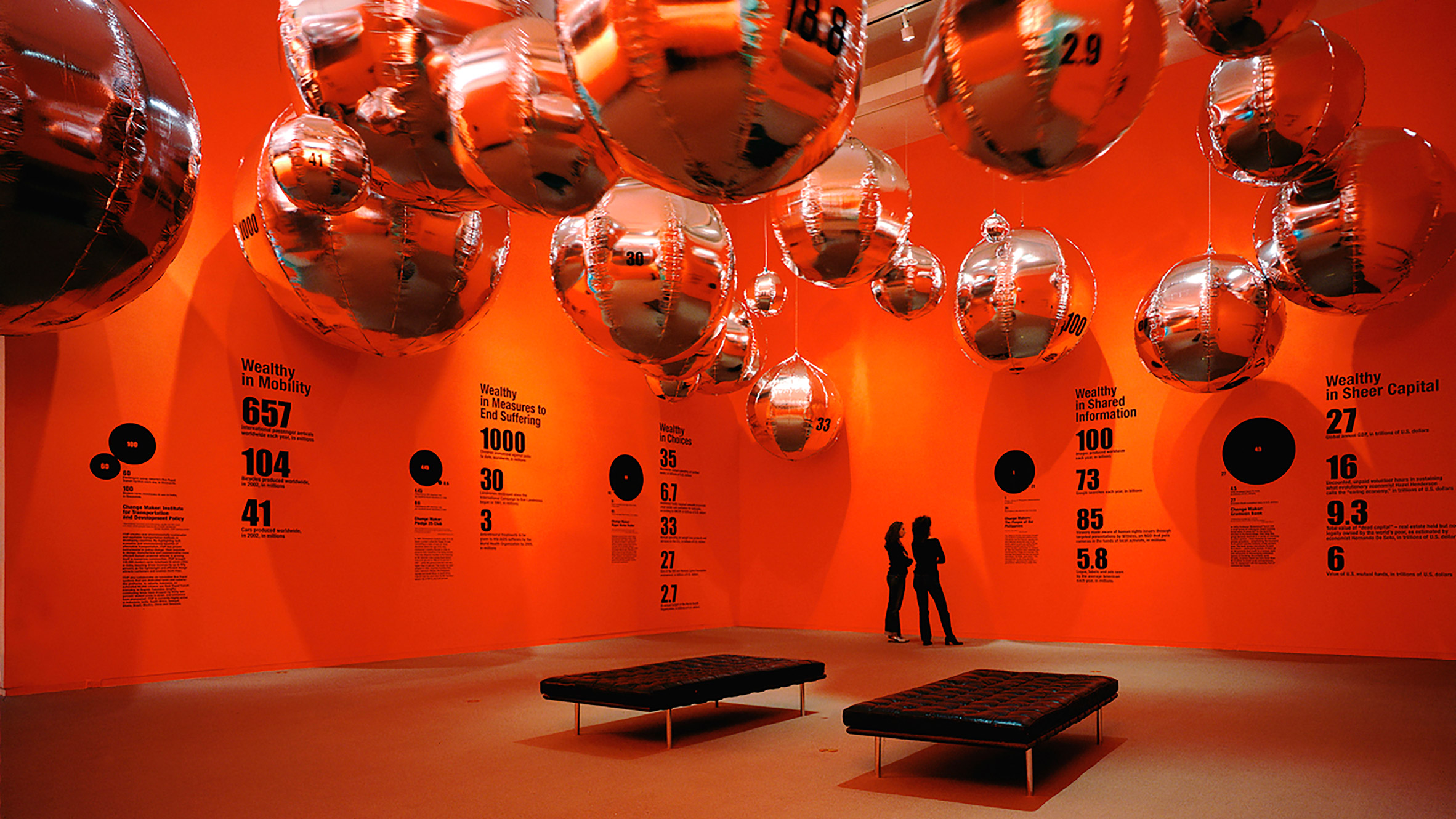
Business of Design Week took place in Hong Kong, held from 29 November to 4 December 2021. Hong Kong Design Centre organises the annual event and it provides a platform for creative and business leaders to exchange ideas.
Watch the full talk by Mau on BODW’s website.
To learn more about Mau, visit his website.
Partnership content
This article was written by Dezeen for Business Design Week as part of a partnership. Find out more about Dezeen partnership content here.
The post Design should “be part of life and not separate from it” says Bruce Mau appeared first on Dezeen.

